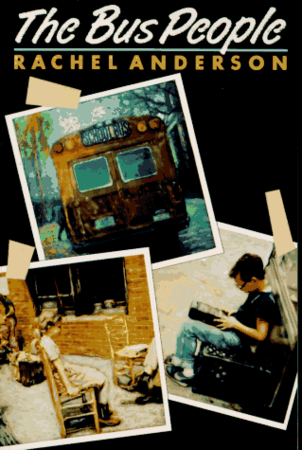
Grade 5-9
In Anderson’s book, readers live for a while in the minds and bodies of eight special children. Bertram drives the route that the other school bus drivers call “the fruit-cake” run. His passengers are mentally and, in some cases, physically handicapped as well. But that’s okay with Bertram; “Wouldn’t swap my fruit-cakes for the world,” he laughs. Readers meet Rebecca, 15, who has Down’s Syndrome, as she learns a hard lesson about the realities of life for girls “with 47 chromosomes instead of 46.” They enter the mind of Mickey, a teenaged boy whose deformed body frustrates his adolescent sexuality and dreams of freedom. And there is the story of Fleur as she might tell it if she would speak. But Fleur does not like to talk, or walk, or run, or think. She is frozen in her fears of a past when she was locked in a small dark closet. The vignettes are powerful, moving, and beautifully constructed. The stories they tell are a balance of kindness and cruelty, understanding and intolerance, all of which echo the real world. Although the portraits are brief, the individuals are well developed, realistic, and memorable. With its rich prose and unforgettable characters, The Bus People is more than a good book about disability .

